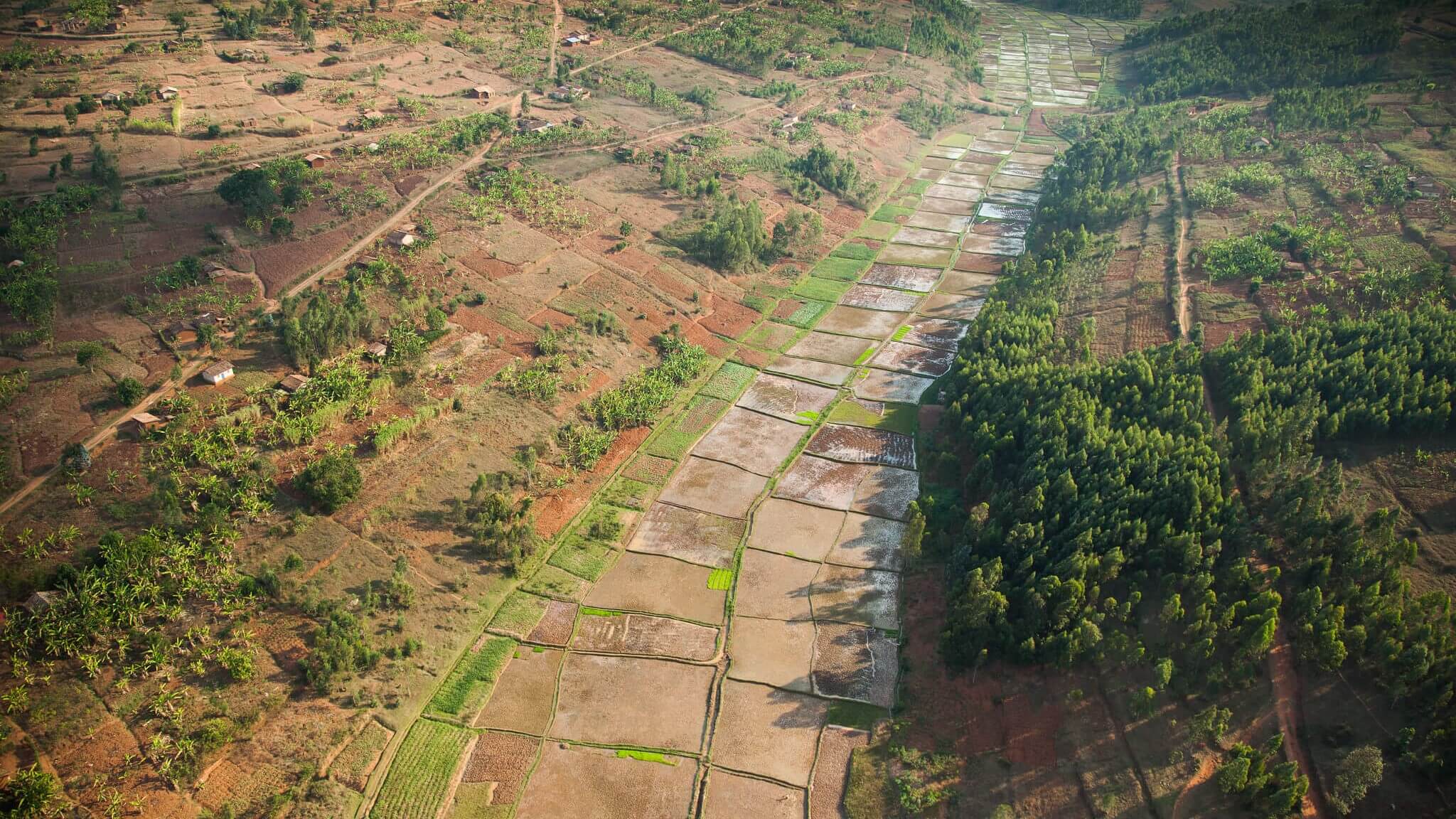
Following the conversion of wetlands into rice fields, Rwanda faced a significant trade-off between food security and public health, as rice cultivation inadvertently created fertile breeding grounds for mosquitoes that carry malaria. The government turned to science to resolve the trade-off and come up with effective solutions.
This case study illustrates the practical application of science-driven strategies in balancing trade-offs in sometimes competing SDGs. It is one of many examples of actionable science, highlighted in this year’s report, prepared by the International Science Council and the World Federation of Engineering Organizations for the 2024 High-Level Political Forum on Sustainable Development.
From science to action: Leveraging scientific knowledge and solutions for advancing sustainable and resilient development
To boost local food supply and farmer incomes, the Rwandan government initiated a set of actions to convert wetlands into rice fields. However, this expansion inadvertently created fertile breeding grounds for mosquitoes that carry malaria, causing a strong rebound of malaria from earlier successful eradication efforts.. This particularly affects rice-farming families and residents living in proximity to rice cultivation areas.
As part of an interdisciplinary collaborative effort, a significant trade-off between SDG 2 (Food security and smallholder incomes) and SDG 3 (Public health and communicable diseases) has been identified and mapped utilizing the analytical framework from the ISC Guide to SDG interactions: From science to implementation. These findings furthermore overturn the prevailing ‘paddy paradox’, a belief that increased income from rice production in Sub-Saharan Africa would offset the malaria risk due to better protection measures.
Specifically, in the Rwandan case, different types of data have been combined in an interdisciplinary manner to link rice cultivation to intensified malaria transmission. Social scientists gathered community insights on changes in malaria infection rates, complemented by data from malariometric surveys, rapid diagnostic tests for malaria infections and mosquito surveillance in and around rice fields undertaken by medical and entomological teams.
Once the trade-off between SDG targets 2.3 and 3.3 was established, scientific solutions were sought, focusing on bio-larvicides to control mosquito populations. Bio-larviciding campaigns were piloted in close collaboration with rice farmers’ cooperatives and proved to be an effective solution, without any harm to rice plants, the wider environment or humans. Both mosquito monitoring data and farmers’ own perceptions concurred that bio-larviciding reduced the malaria case rate. The pilot also demonstrated that rice-farming communities successfully self-organized the bio-larviciding campaign, performing on par with communities where experts lead.
However, turning bio-larvicide spraying into a routine activity has proven financially challenging. To explore local resource mobilization, researchers conducted bidding game experiments, assessing farmers’ willingness to contribute financially and local consumers’ willingness to pay a premium for ‘malaria-free’ rice. While the results showed notable contributions, they were insufficient to cover the full cost, requiring government and international donor support. These entities could also help establish a credible certification system for ‘malaria-free’ rice.
The research findings led to breaking the policy silos around SDG 2 and SDG 3. This is evidenced by the recent integration of bio-larviciding campaigns into Rwanda’s official malaria strategy, targeting rice-growing regions with large-scale spraying using drone technology. Additionally, malaria risk is now increasingly considered in agricultural projects, such as those advised by the International Fund for Agricultural Development, which now include environmental risk assessments to mitigate the spread of infectious diseases.
Photo by EarthFix (CC BY-NC 2.0)